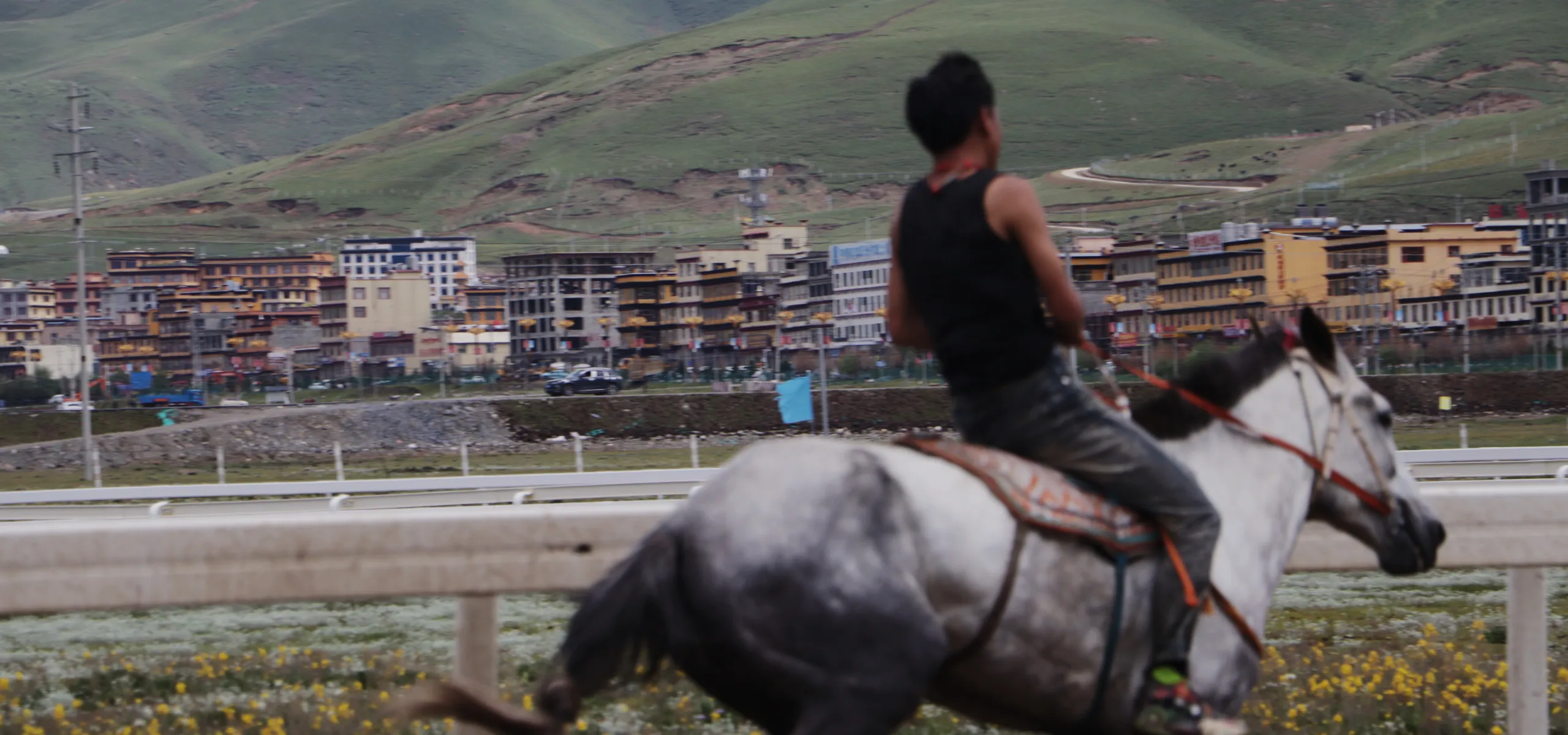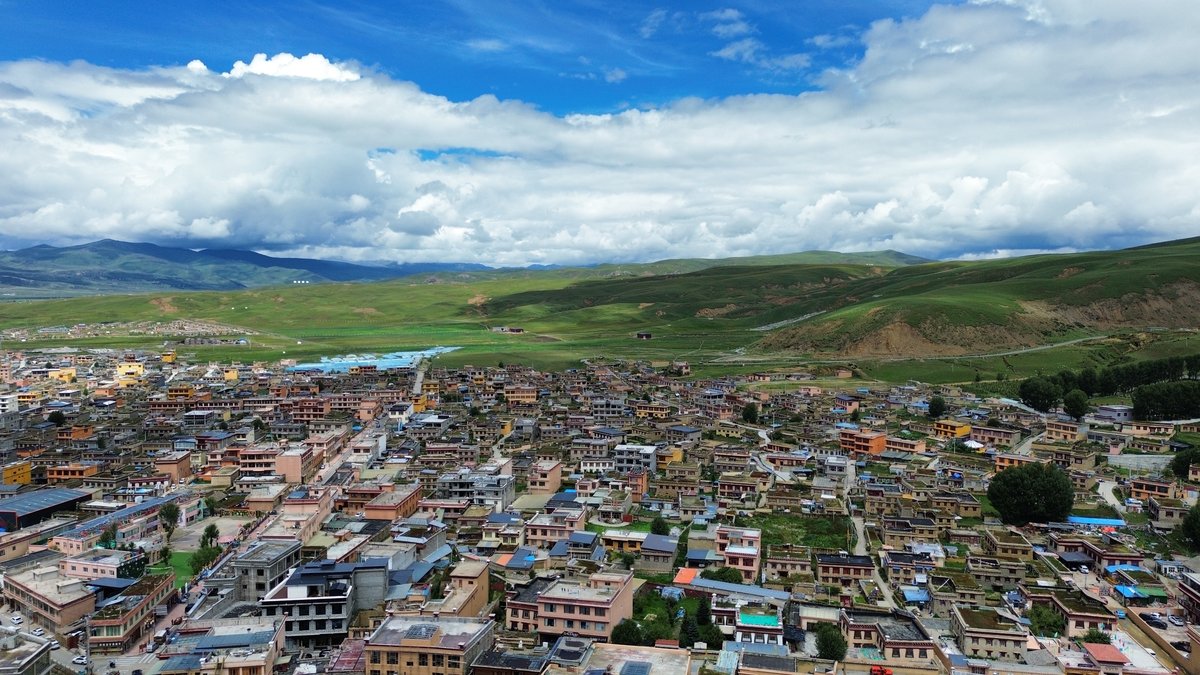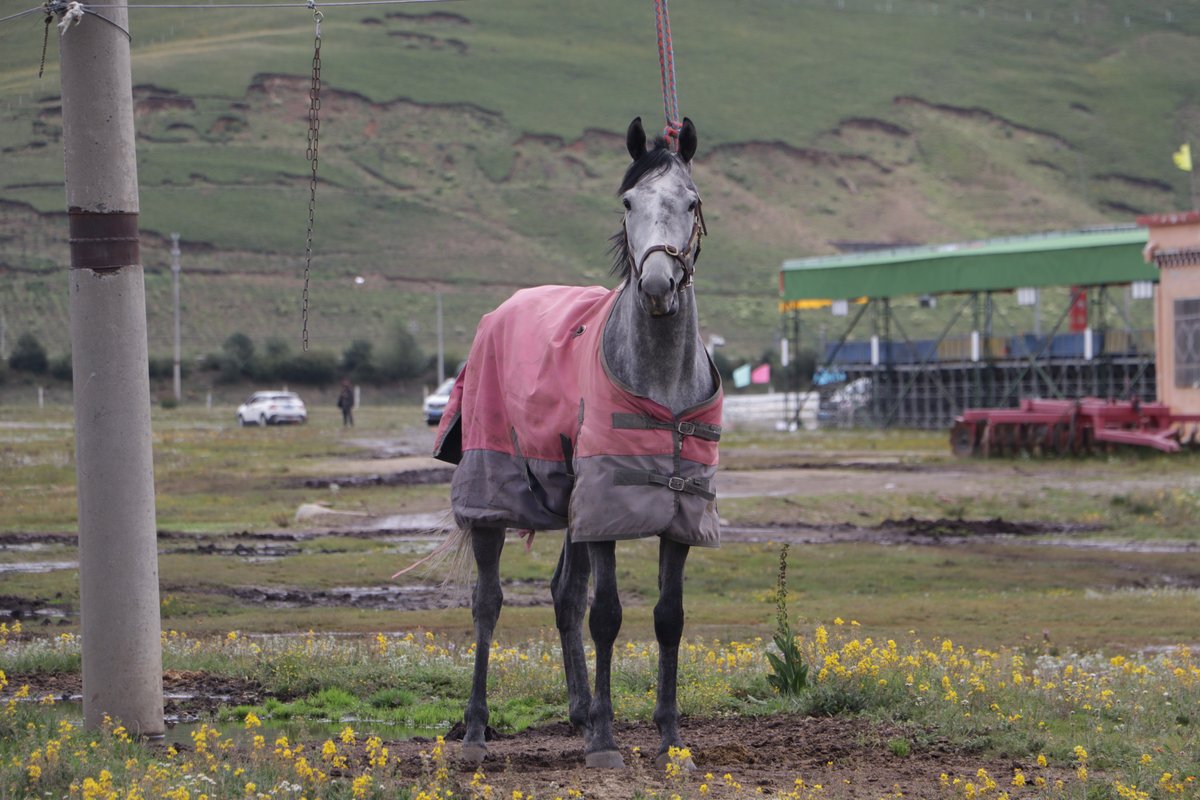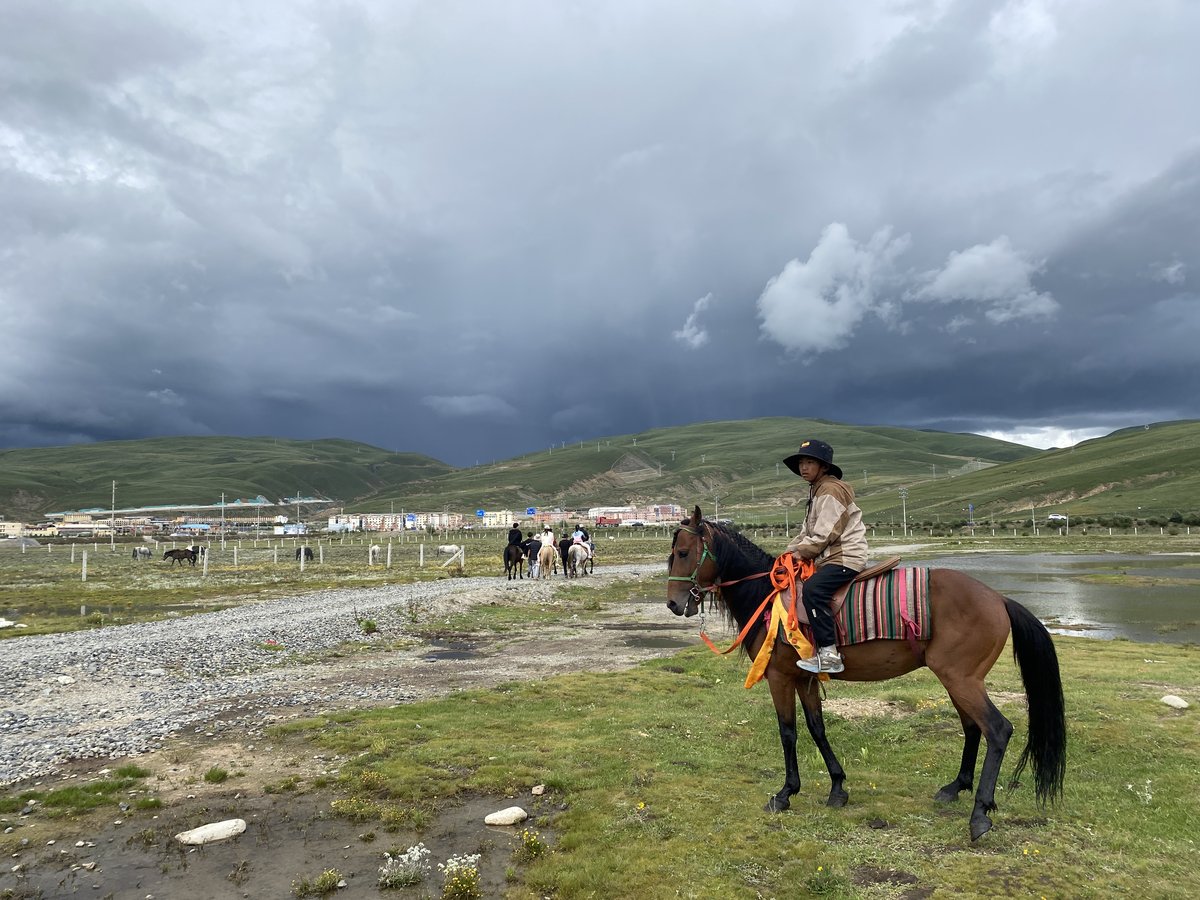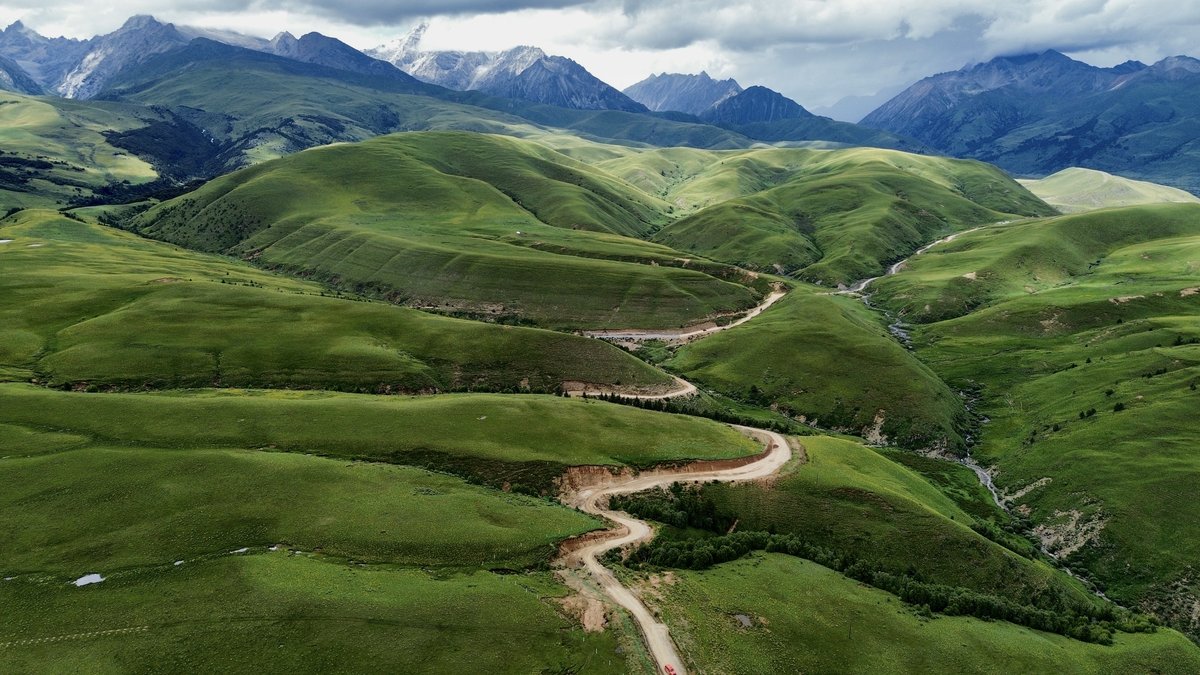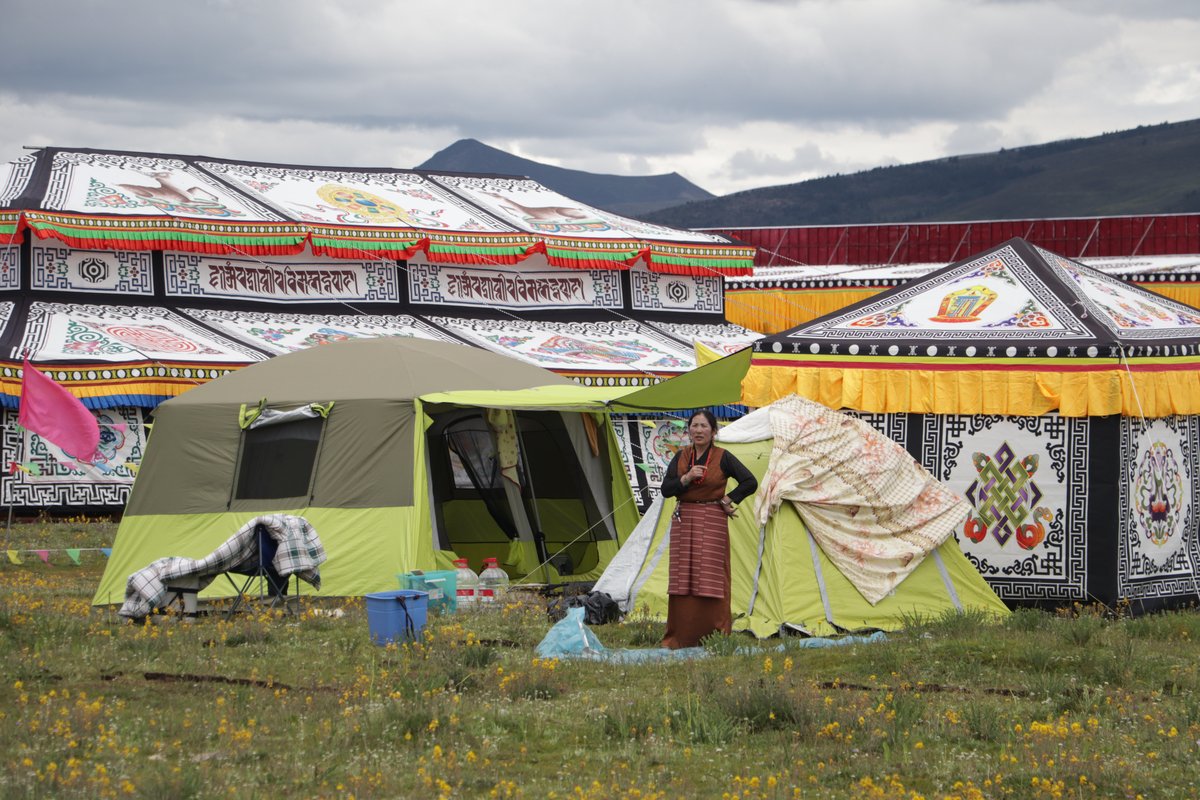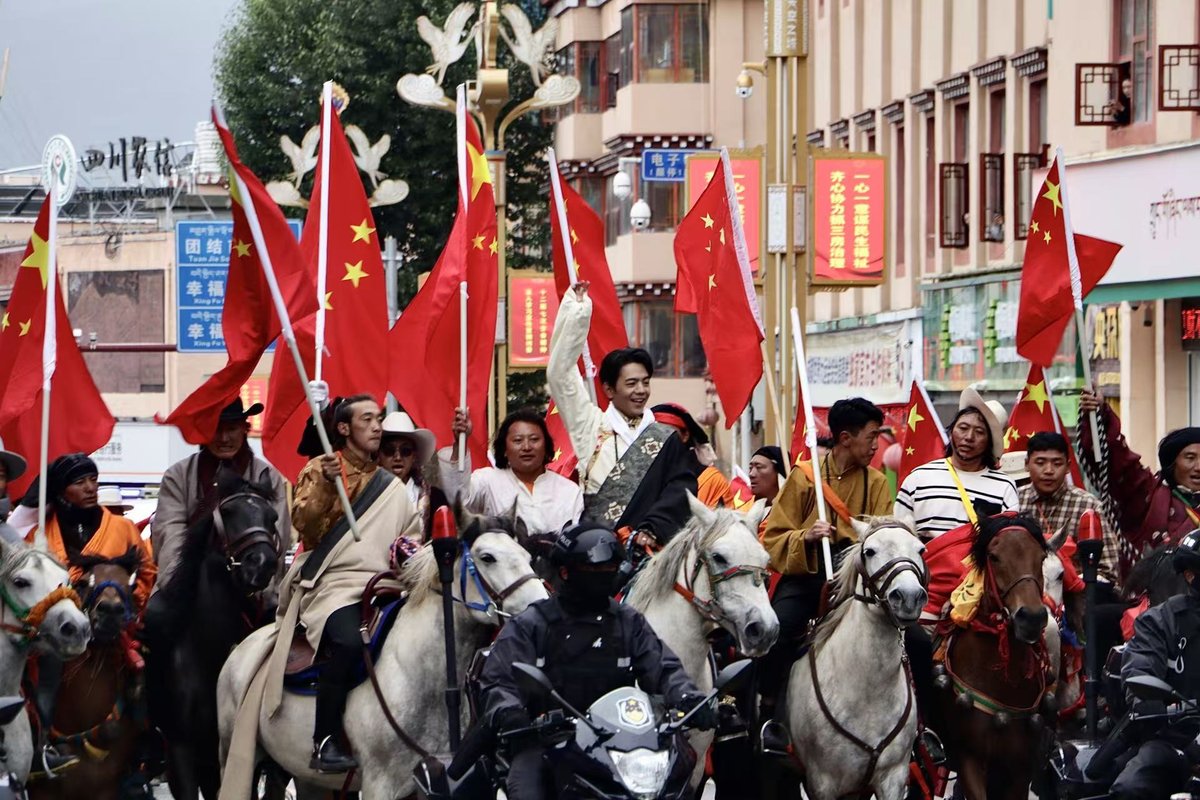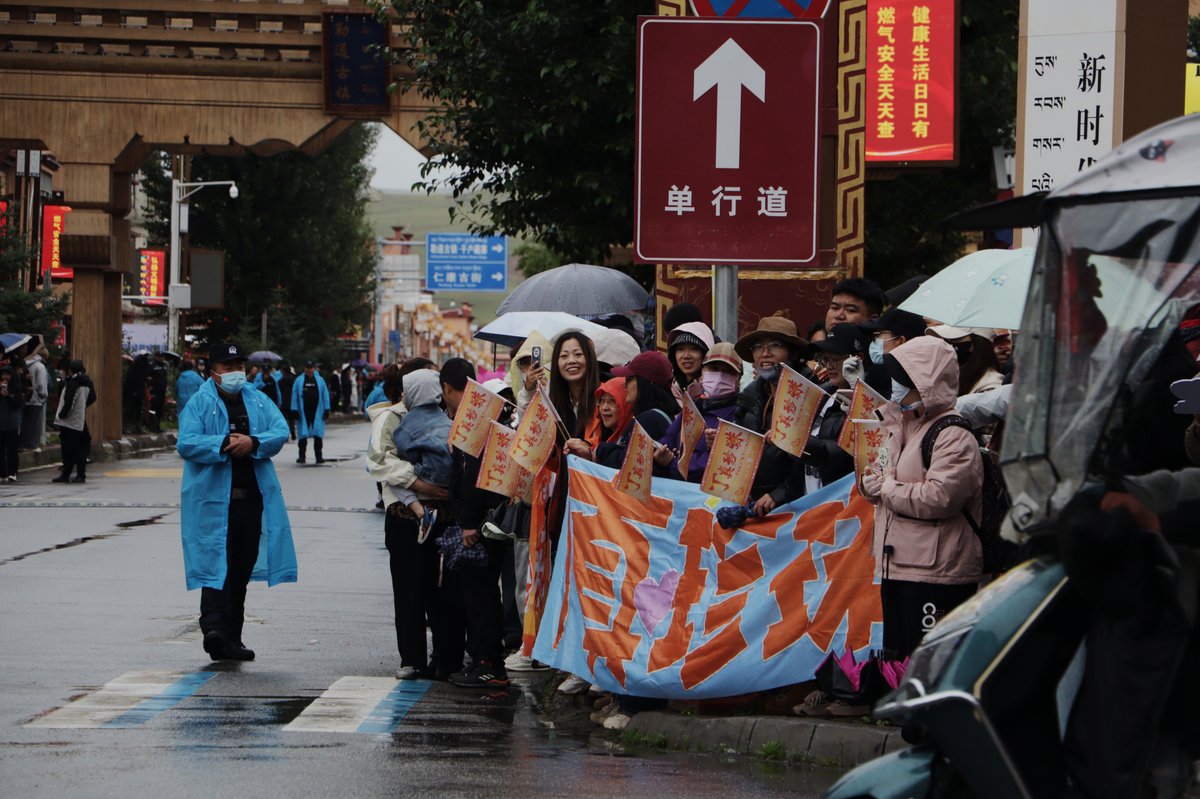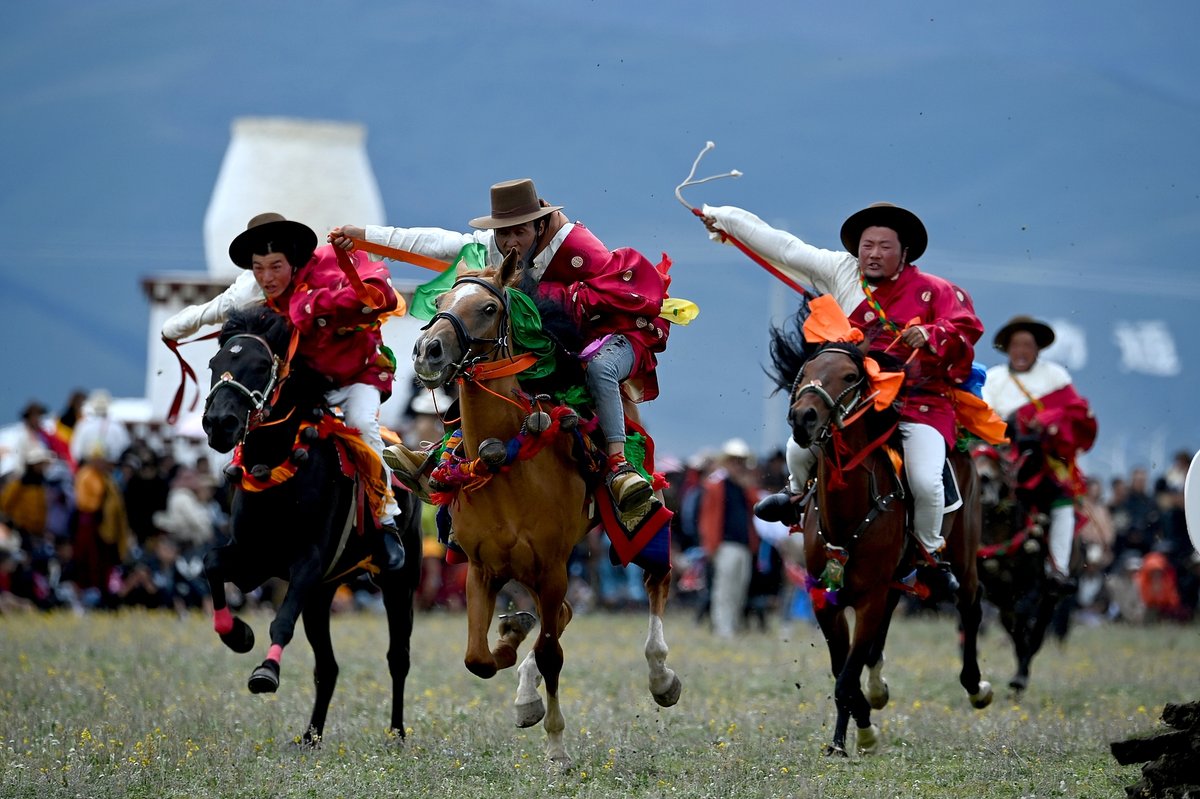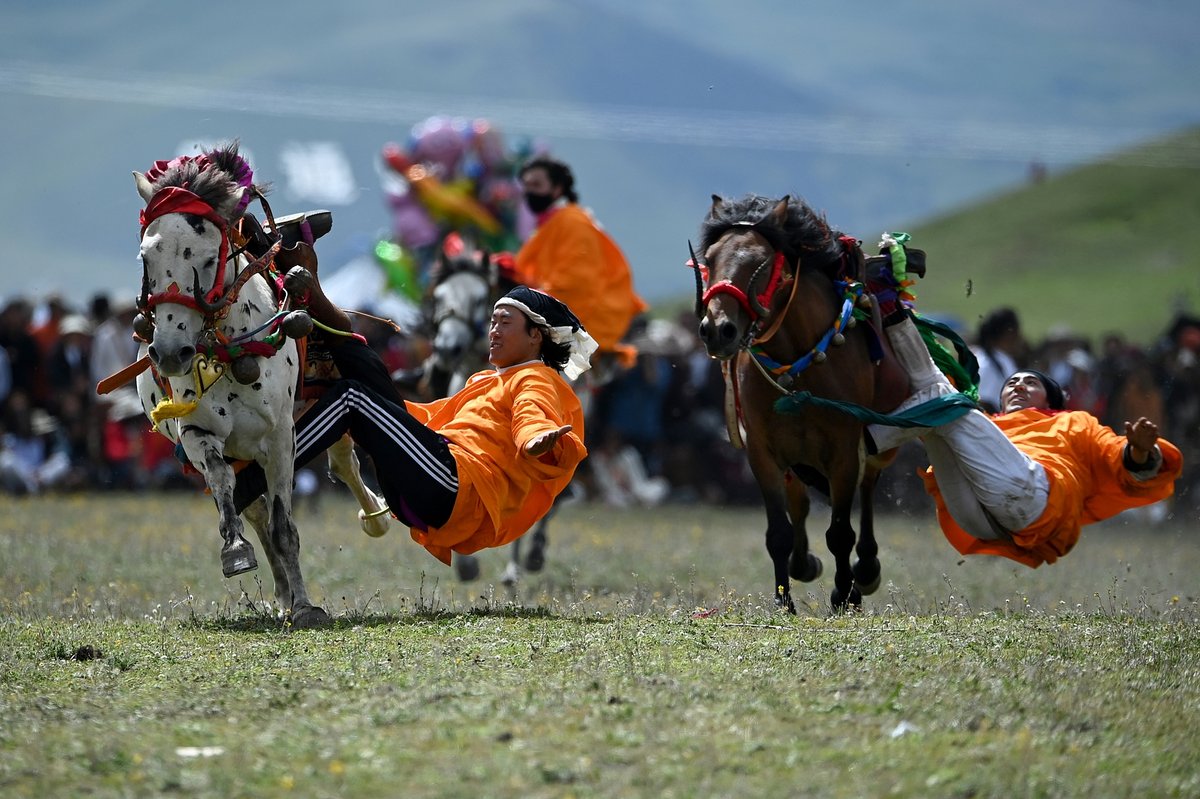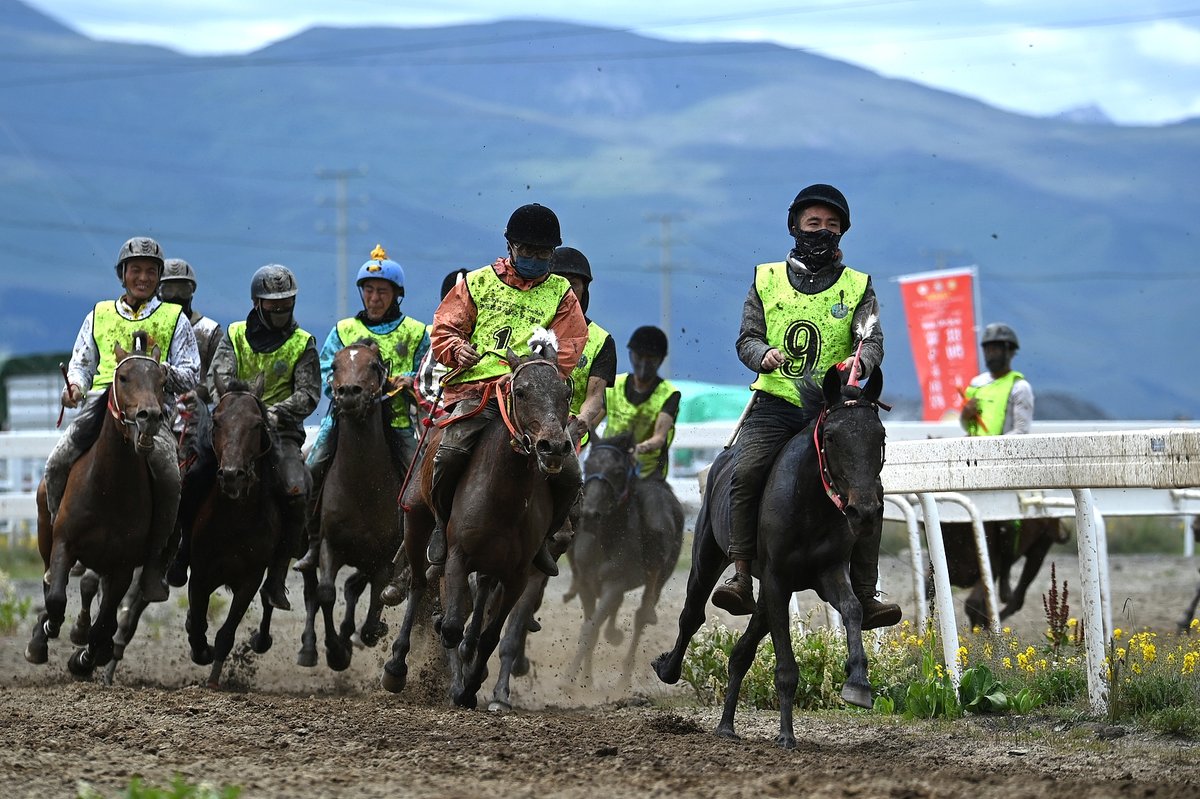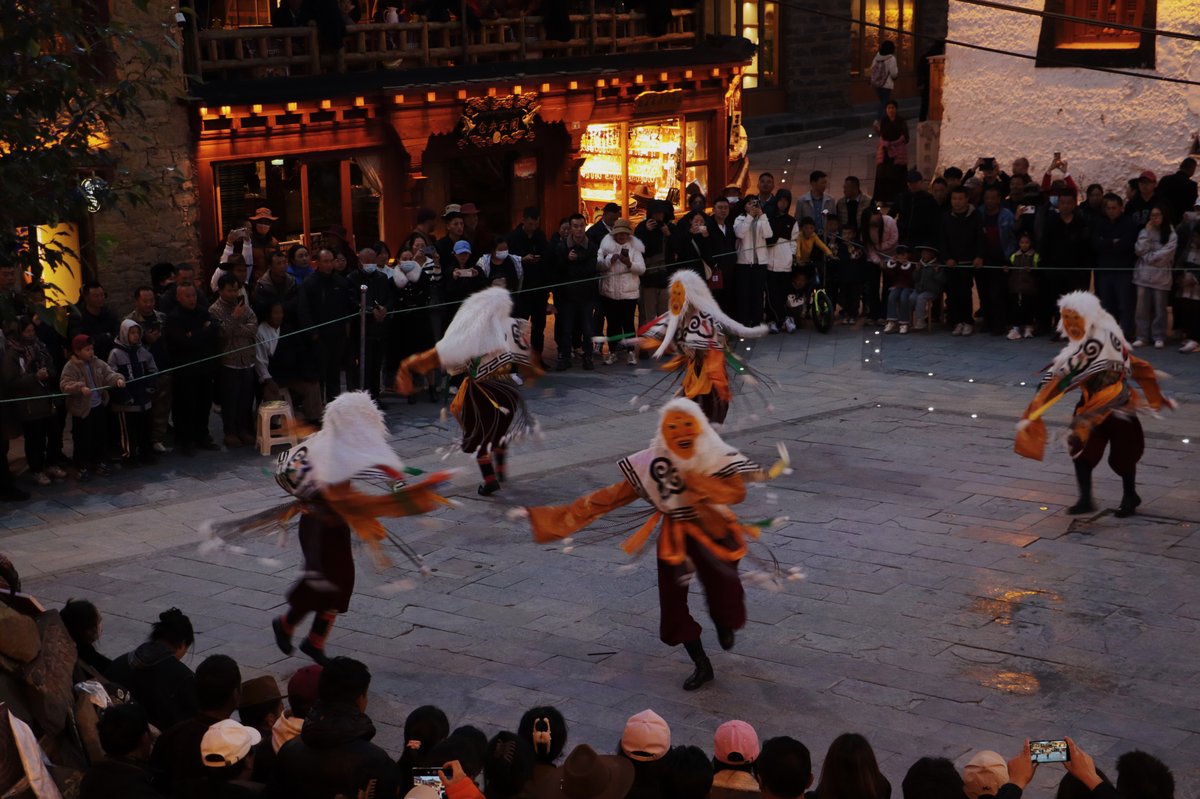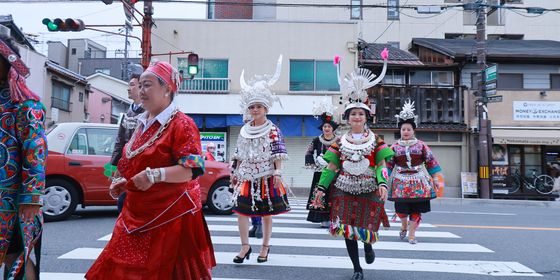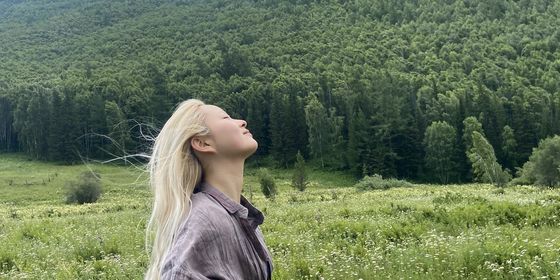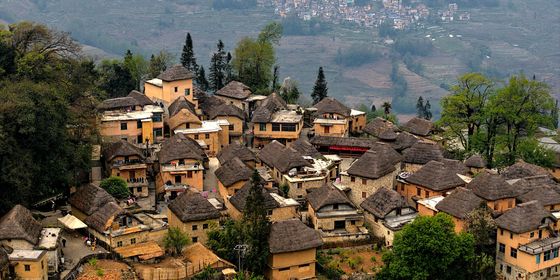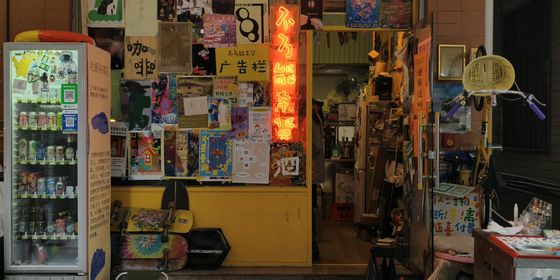In Litang, western Sichuan, horses take center stage once a year. Our correspondent was there to capture the sights and sounds.
While the world cheered for human athletes at the Paris Olympics in early August, spectators on the other side of the Eurasian continent were cheering for horses. The Bayi Horse Racing Festival in Litang county of The Garze Tibetan Autonomous Prefecture in southwestern Sichuan province may have taken place with less fanfare, but its importance to the locals was no less than the Olympics.
Horses have played a crucial role in the Tibetan region throughout history, particularly for the transportation of tea, salt, and other daily essentials through the high mountains and deep valleys of the region. Collectively known as the Tea Horse Road, these intricate routes formed a vast trade network comparable to the ancient Silk Road, connecting central and southwestern China until the arrival of modern transportation in the 1950s.
Horse racing also holds cultural significance for the Tibetans. In the Epic of King Gesar, one of the longest epic poems in the world, estimated to have originated around the 11th century, the hero and warrior Gesar wins his throne by defeating his uncle in a horse race.
With less than 70,000 residents, Litang lifted itself out of poverty in 2020. That same year, the previously obscure county unexpectedly emerged as a trendy national tourist destination after a local Tibetan man went viral on the internet. The 19-year-old Ding Zhen (Tenzing Tsondu) gained national fame when photographer Hu Bo featured him in a series of short videos showcasing his daily life. His sweet looks and authentic charm captured the attention of viewers. Ding-related topics were read more than 480 million times on Weibo in about a week, while internet searches for his hometown “Litang” increased 600-fold.
Interestingly, when a journalist from Sichuan Observer tracked down Ding Zhen and asked about his dream and if he wanted to be a star, he replied that he wanted to be a “horse-racing prince” instead.
Read more about Tibetan culture:
- Tsampa Fights and Surprises: The Evolving Fortunes of Tibetan New Year
- Yak of All Trades: Tibetan New Year with Herders on the Plateau
- Training the Next Generation of Tibetan Thangka Artists
The unexpected answer brought popular attention to this folk sport. Now an influencer with more than 3 million fans on Weibo and a tourism ambassador for his hometown, Ding Zhen was at this year’s horse racing festival, bringing fans from all over the country.
Previously just a series of loosely organized folk activities in different villages, Litang’s annual horse race became a public event in 1964 when the local government set the date on August 1, giving it its official name, Bayi (eight-one) Horse Racing Festival. In recent years, the event has become more and more elaborate, as the local authorities have pushed the tourism agenda.
At the same time, the event serves as a much-needed reminder of the importance of preserving local heritage amid the onset of modernization. Luorong Sangpi, president of the Equestrian Association of Litang and one of the organizers of the festival, followed his father’s footsteps in organizing the horse racing. He noticed an obvious decline in this folk sport in the past 30 years.
“Almost everyone in Litang knew how to ride horses [in the past], and all families kept strong horses,” he told TWOC. “Children learned horse riding from their fathers or grandfathers. It was considered the first lesson of life.” But horse riding has become less popular among youngsters whose priority is going to school. “But schools won’t teach kids how to get along with horses,” Luorong said.
Luorong collaborated with local schools and governments to initiate a project called “Back on the Saddle,” which offers free equestrian courses for primary school students in Litang. “For this horse racing festival, we have also invited students from this project to form a team to participate,” he said. “Our goal is to let the new generation appreciate the horse racing culture of Litang.”
This year’s festival featured a horsemanship parade, horses galloping, equestrian performances, cross-country races, and other folk activities, with over 500 horses and nearly 1,000 local herders participating.





